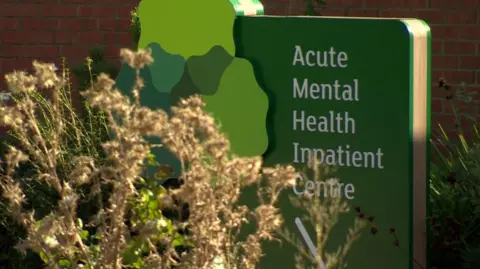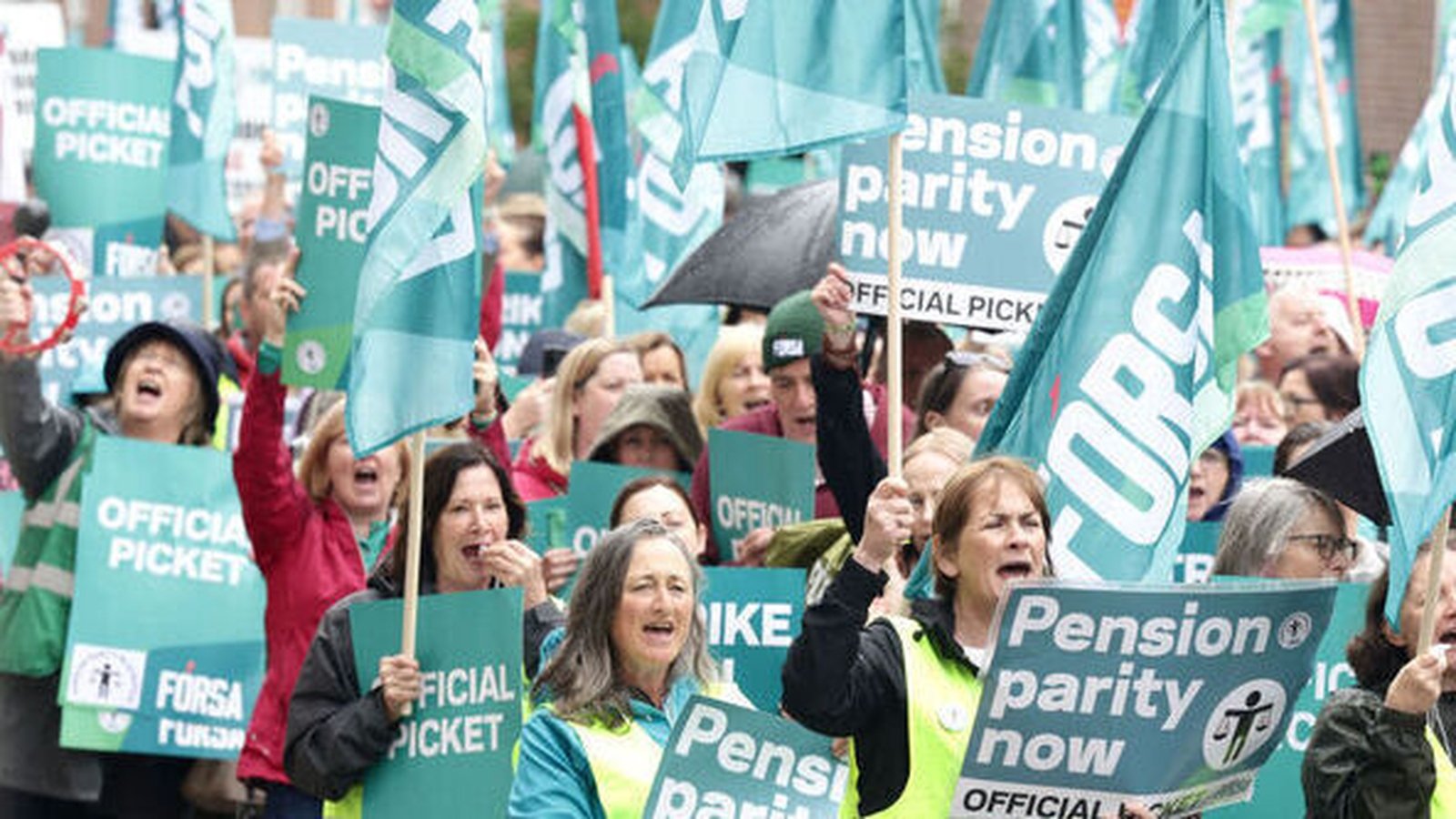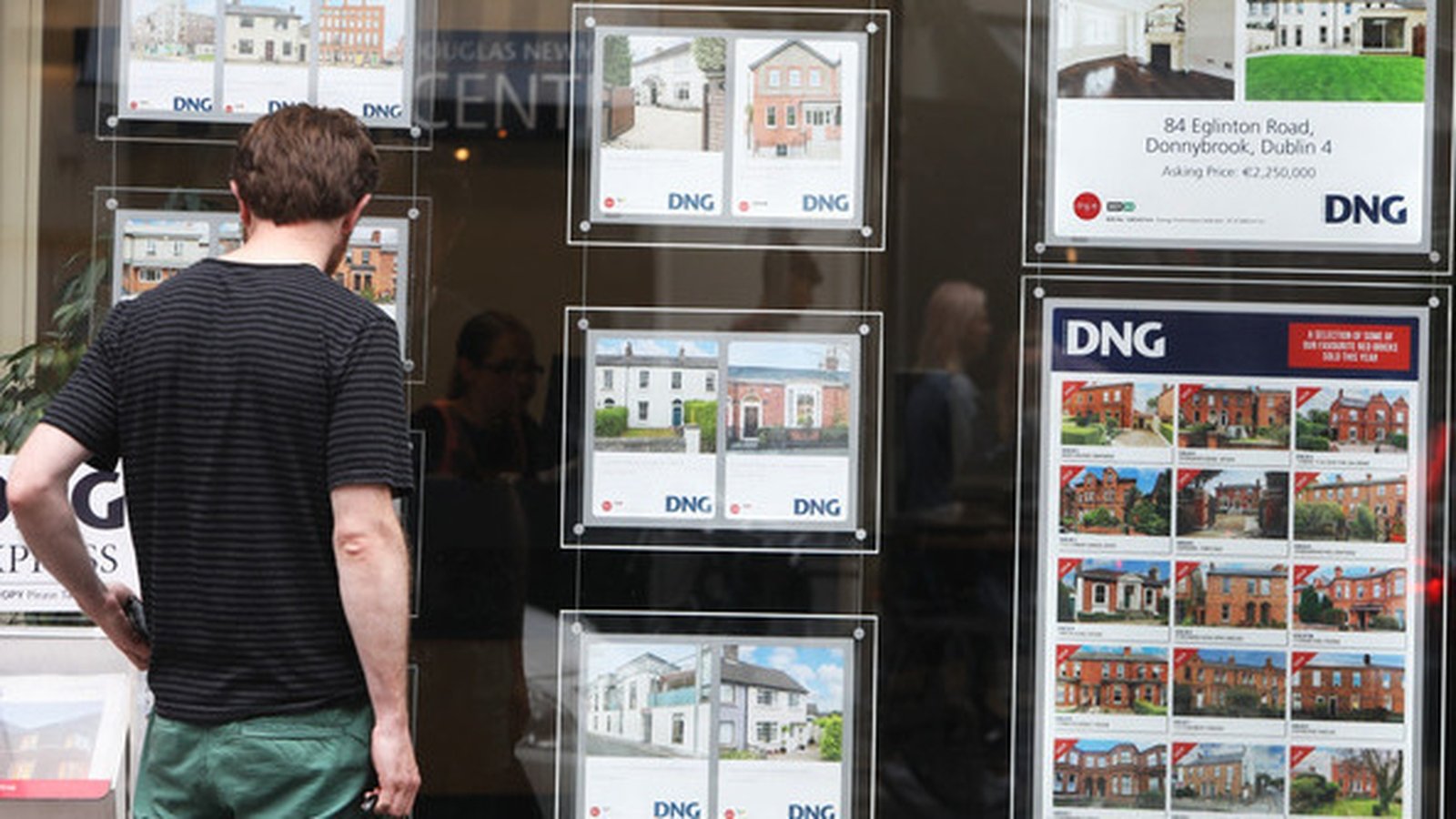Breaking News
Irish Rail to remove gender titles from online train booking system

Read more on post .
People travelling on Irish Rail trains will no longer have to declare their gender when booking a seat online, the company has said.
The change is to come into effect in the coming months and follows feedback from the LGBTQ+ community on how gender is represented on Irish trains.
A survey was carried out by Irish Rail, in partnership with Belong To LGBTQ+ Youth Ireland, with a view to better understanding what mattered to these communities when travelling by train.
Sixty-eight adults took part, with more than half of the respondents identifying as gay, 27 per cent as bisexual, 12 per cent as lesbian, 16 per cent as transgender and 14 per cent as non-binary.
In response to the feedback from the survey, Irish Rail said it would remove all gender titles from its online booking system.
At present, passengers must select either Mr, Mrs or Ms as their title before entering their name when booking a ticket online. Now, they will just enter their name.
The survey was distributed on Irish Rail and Belong To online channels and was not run by an independent polling company.
As part of the survey, Irish Rail made a donation of €5,000 to the support group.
“This approach allowed Iarnród Éireann to gain meaningful insights into the experiences of LGBTQ+ rail users and directly contribute to the delivery of important services for the community,” an Irish Rail spokeswoman said.
Some 71 per cent of survey respondents said they feel safe most of the time as an LGBTQ+ person on public transport, with almost 40 per cent saying rail was more inclusive than other transport options.
More than one third of respondents said they had used trains to attend LGBTQ+ events such as Pride festivals.
Breaking News
Mental health patients sleeping on sofas months after issues found

Read more on post.
Niall BlaneyBBC News NI
Some patients with serious psychiatric conditions are still sleeping on sofas at a Belfast mental health facility months after serious building problems were discovered there.
The Acute Mental Health Inpatient Centre opened just six years ago at a cost of £33m, but has been dogged with issues.
Rot and black mould were previously found in the building – which has continued to suffer from newly-discovered leaks – and the entire water system now needs replaced, which will add millions of pounds to existing repair costs.
The Belfast Health Trust said no patients have had to move out as a result of the building issues, and works on two damaged bedrooms are due to be completed in “the coming days”.
The centre at Belfast City Hospital provides 74 acute mental health en-suite bedrooms, including six psychiatric intensive care beds.
Last September, it was revealed that leaking pipes in the Acute Mental Health building had caused £4m worth of damage. Water had been dripping from various pipes since 2022 causing corrosion within the hot water system and damage to walls and floors.
At the time, it was thought damage was confined to a small area.
But further exploration which involved ripping up two bedrooms identified more extensive damage, including leaking pipes across the building which had saturated floors and caused metal stud walls to rot and mould to grow on plaster.
One bedroom previously had an ant infestation and was closed immediately.
 Google
GoogleIn March, the BBC revealed that repair costs for the building could be up to £10m.
Last month, the health trust said the projected costs for the newly-discovered water system issues were up to £6m, not including legal fees.
Two bedrooms which had suffered damage were due to be repaired by the end of this summer. As a result of their closure, capacity at the unit has been stretched, leading to patients forced to sleep on sofas.
The Belfast Trust said: “Works on the [bedrooms] are almost complete and are subject to final checks… it is expected that both rooms will be available for the delivery of services in the coming days.”
Plans to rehome patients
While a plan has been put in place to temporarily rehome patients at Knockbracken Healthcare Park south of Belfast, that facility has not been used to date.
The trust is taking legal advice over where liability for the building failures lies.
The facility was built by Graham BAM Healthcare Partnership (GBHP), a joint partnership between County Down-based Graham Construction and BAM Ireland in the Republic of Ireland.
GBHP has also been involved in Belfast’s new maternity hospital which remains unopened and almost £50m over budget.
The Belfast Trust said it was “currently working with its legal advisors to appoint independent specialists to undertake a comprehensive review of the water system and any potential sources of water ingress and to help identify liability for the costs of the remediation work”.
In a response to the BBC, the trust said a survey of the entire building had taken place ahead of the repair works.
In August 2024, the body which inspects healthcare facilities – the RQIA – issued a notice to the trust telling it to replace doors and door handles at the facility because of potential patient self-harm as a result of ligature risks.
This was to be complied with by 17 February this year, with an extension granted to April, and now compliance required by this November.
Breaking News
School secretaries and caretakers dispute back before WRC

Read more on post.
Talks on access to pensions for school secretaries and caretakers will resume at the Workplace Relations Commission (WRC) today.
The dispute saw more than 2,600 school staff, who are members of the Fórsa trade union, engage in strike action for more than a week impacting around 2,000 schools.
Fórsa withdrew the strike action after an agreement was reached to engage in a process to resolve the dispute.
The union said that the key element of the proposals is a Government commitment to negotiate pension entitlements for school secretaries and caretakers that are comparable with teachers and Special Needs Assistants (SNAs).
Negotiations were held at the WRC for around two hours earlier this month and the talks will resume later this morning.
Aside from pensions, the agreement also provides for discussions on other issues including access to bereavement leave and sick leave, as well as the conclusion of a pay deal for caretakers.
If there are any outstanding issues following the WRC talks, the parties have agreed to have the matters referred to the Labour Court.
Breaking News
Dublin house price inflation eases – DNG

Read more on post.
The annual rate of price increase in the Dublin residential property market has moderated for a third quarter in a row, according to new research.
The latest results of the DNG House Price Gauge (HPG) show that in the three months to September, the average price of a resale home in the capital increased by 0.9%, in contrast to the same period last year when prices rose by 2.5%.
The annualised rate of Dublin house price inflation moderated to 6.2% for the year to September 2025, lower than the rate of 8% recorded in the year to June 2025, and below the rate of 9.6% recorded in the year to March 2025.
According to the DNG HPG, the average price of a Dublin home has increased by 150% since the last market low point in 2012, however, prices still remain below the previous historical peak seen in 2006.
Prices at the upper end of the market are 24.5% below their previous peak, while prices at the entry and mid-market levels are less than 5% lower than the previous peak.
The average price of a resale property in the capital now stands at €605,612.
The DNG Apartment Price Gauge (APG) recorded an increase in apartment values in the third quarter of the year of 1%, this compares to a 1.1% increase in the second quarter and 1.9% in the first three months of the year.
The research shows that the percentage of DNG sales by investors offloading rental properties increased to 27% of sales in the third quarter of the year, up from 20% of sales in second quarter.
An analysis of DNG purchasers during the third quarter shows that first time buyers accounted for just over half of purchases of resale properties in the capital.
“The latest results of the DNG House Price Gauge paint a picture of stability in the Dublin residential market at the present time, with price inflation moderating as this year has progressed,” said DNG’s Director of Research Paul Murgatroyd.
“House price inflation in the capital was running at close to 10% per annum at the end of last year but since then the rate of increase has gradually eased back to a more sustainable level,” Mr Murgatroyd.
-
Culture3 days ago
Taylor Swift’s new cinema outing generates more than €12million in just 24 hours
-
Politics3 days ago
European Parliament snubs Orbán with vote to shield Italian MEP from Hungarian arrest
-
Health3 days ago
EU renews support for WHO’s Universal Health Coverage Partnership
-
Culture2 weeks ago
Life, loss, fame & family – the IFI Documentary Festival in focus
-
Culture2 months ago
Fatal, flashy and indecent – the movies of Adrian Lyne revisited
-
Culture3 days ago
Twilight at 20: the many afterlives of Stephenie Meyer’s vampires
-
Environment6 days ago
Key oceans treaty crosses threshold to come into force
-
Culture1 week ago
Farewell, Sundance – how Robert Redford changed cinema forever















































